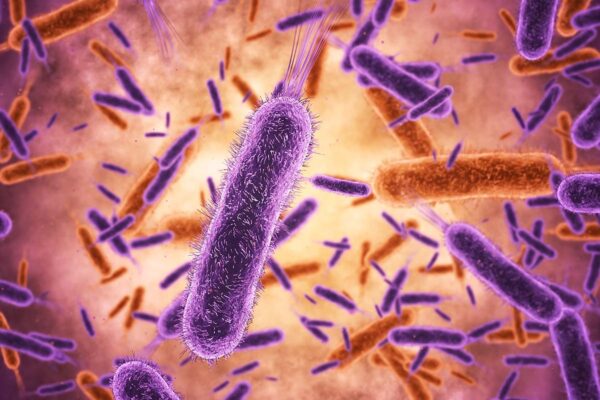WashU’s FARM hosts visit by international food, ag experts
Leaders from seven countries explored the WashU FARM initiative’s public health-driven research and global partnerships advancing sustainable, equitable food systems.
Specific brain signals rapidly eliminate body fat in mice
A study by researchers at WashU Medicine reveals how the body reprograms stable fat cells to eliminate stubborn fat reserves.
Guaranteed income improves food security for Black households in Georgia, study finds
Guaranteed income programs may reduce food insecurity and improve nutrition among low-income Black households in Georgia, according to a new study led by the Brown School at Washington University in St. Louis.
Stephanie Mazzucca-Ragan
Stephanie Mazzucca-Ragan, an assistant professor at the WashU School of Public Health, is working to shape young people’s lives by developing ways to promote healthy eating and physical activity. Those behaviors can pay dividends from better learning to preventing chronic disease down the road.
Klein recognized by Endocrine Society for outstanding research
Samuel Klein, MD, the William H. Danforth Professor of Medicine and Nutritional Science at WashU Medicine, has received the Endocrine Society’s Outstanding Clinical Investigator Award.
Alternative sweetener sorbitol linked to liver disease
A study from researchers at Washington University in St. Louis has found connections between the alternative sweetener sorbitol and liver disease.
Therapeutic food named a Best Invention of 2025
Jeffrey I. Gordon, MD, the Dr. Robert J. Glaser Distinguished University Professor at WashU Medicine, co-leads a team that developed a therapeutic food designed to treat childhood malnutrition. The food was named one of Time Magazine’s Best Inventions of 2025.
Protecting our food future: Experts confront biodiversity crisis
The School of Public Health will convene experts Sept. 23 to tackle accelerating biodiversity loss and explore strategies to safeguard food security and human health.
Novel way to ‘rev up’ brown fat burns calories, limits obesity in mice
A new study led by researchers at WashU Medicine reveals possible new avenues to help brown fat produce more heat, which could aid in weight loss and improve metabolic health.
Microbiome instability linked to poor growth in kids
WashU Medicine researchers found that children with fluctuating gut microbiomes showed poorer growth compared with kids with a more stable microbiome. The study sequenced the genomic material from fecal samples collected from toddlers in Malawi.
Older Stories









